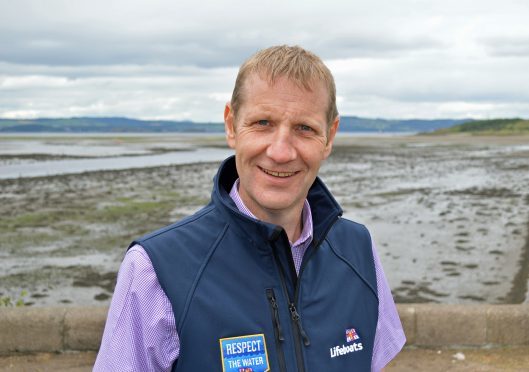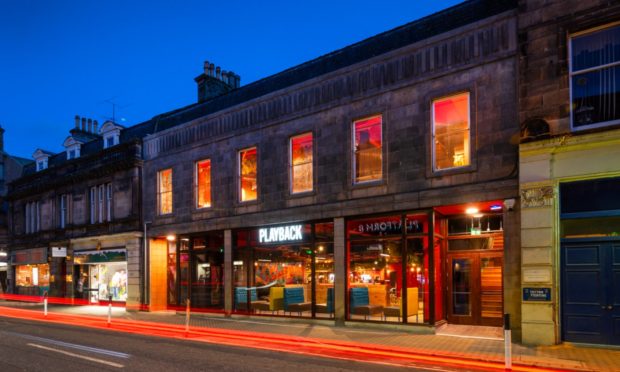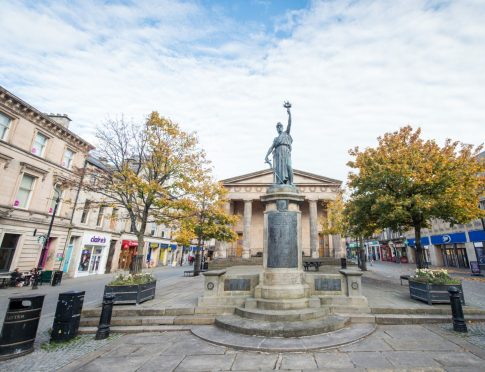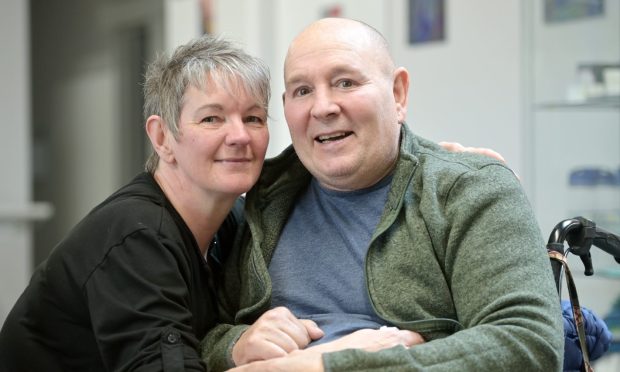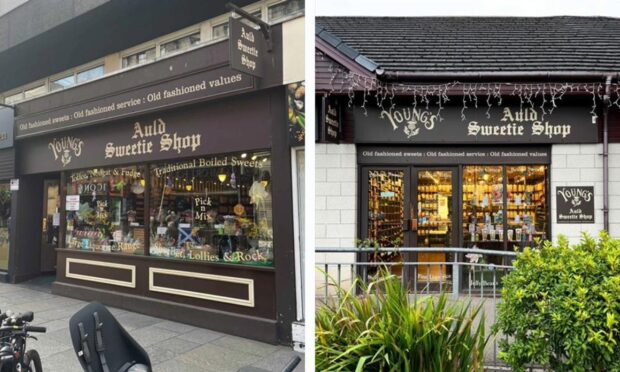A warning has been issued to stay safe on the Scottish coast after it was revealed that more people die in the sea in August than any other month.
Research carried out by RNLI also found that fewer than a fifth of the UK population say they would call 999 immediately to request help if they saw someone fall into open water.
Over the past five years, 28 people have died at the Scottish coast in August, an average of six deaths each year, more than any other month.
This is also the busiest time of year for the RNLI’s lifesavers. Last August the charity’s lifeboat crews in Scotland launched their lifeboats in response to 164 emergencies – 15% of their total annual launches and more than in any other month of the year.
As part of RNLI’s Respect the Water drowning prevention campaign, Michael Avril, the charity’s community safety partner for Scotland, issued a warning. He said: “With summer holidays upon us and hopefully some hot weather, our fantastic beaches are naturally a draw for many people – but sadly this also means more people tragically losing their lives or getting into serious danger at the coast.
“We need to start a national conversation that encourages people to fight their instincts around water, so we are asking people to remember and share two skills.
“The first is, if you see someone else in trouble, don’t go into the water yourself as you may also end up in serious danger. Instead, dial 999 and ask for the coastguard.
“The second is, if you fall into cold water, fight your instincts to swim hard or thrash about as this could lead to drowning. Instead, relax and float on your back, keeping your airway clear, for around 60–90 seconds. This will allow the effects of cold water shock to pass so you can regain control of your breathing and then swim to safety or call for help.
“Just remembering these two simple points could help save your life, or someone else’s, this summer.”
